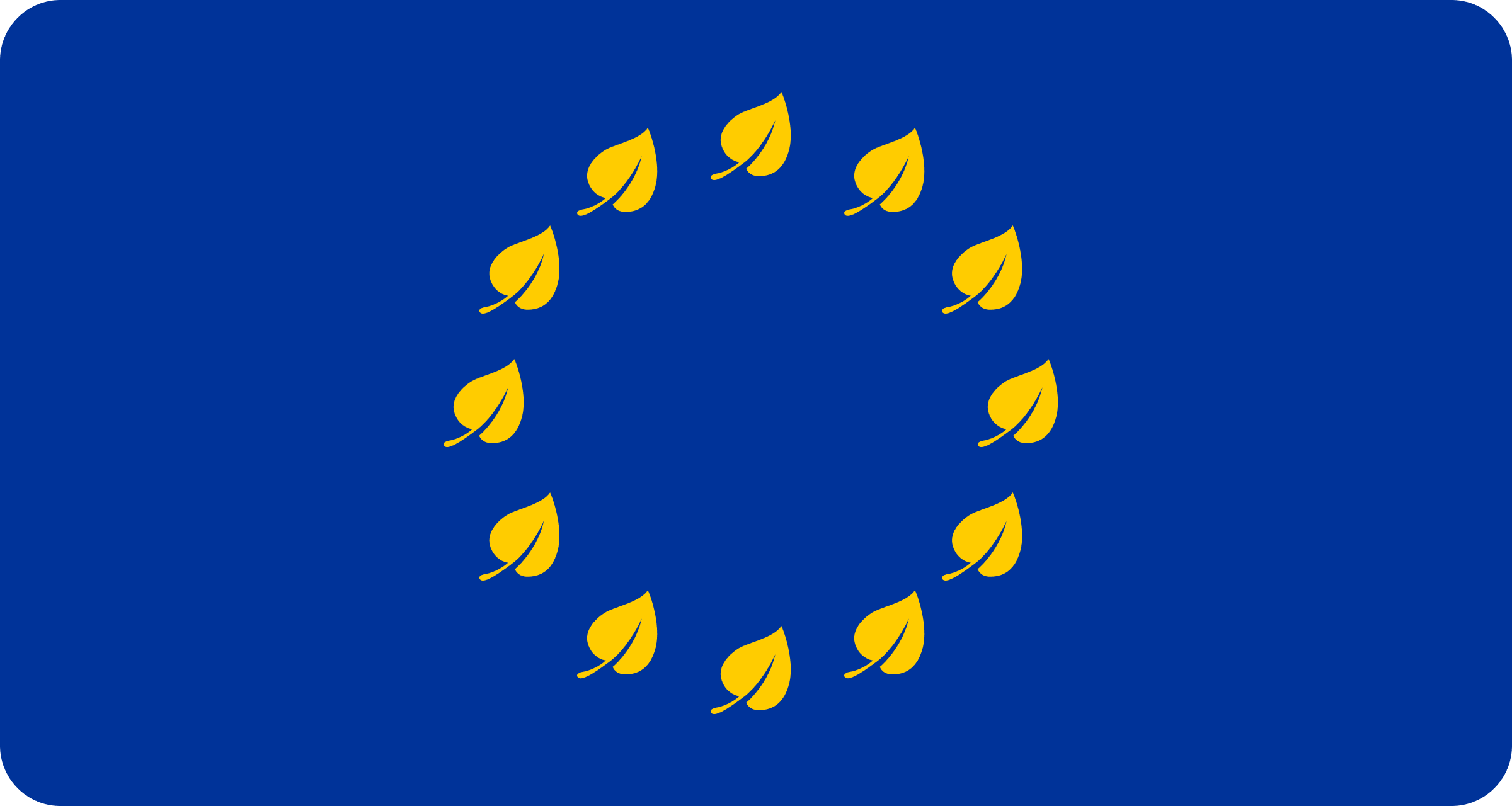

Digitisation, sustainability, and automation. Having worked in logistics for longer than I care to mention, I have watched these three trends modernise logistics — none more so than sustainability. And it will continue to, so here are my predictions for green logistics in 2025.
Shippers: Executives make carbon-informed decisions
In logistics, everything starts with the shipper. Many shippers are now exposed to regulation, investor pressure, and consumer demand for greener products and services.
By definition, sustainability is critical to long-term success. But it can create higher short-term costs.
As pressure to climate-align business disseminates from shipper boardrooms, pressure will be put on their logistics partners to price-match green shipments. For many, this isn’t possible, so educating their customers about why costs might climb is up to them.
Freight Forwarders miss opportunities created by climate regulation
Climate regulation, such as the EU CSRD, is forcing large companies to report their logistics emissions. However, many SMEs seem completely unaware of the potential opportunity regulation has created.
We all know logistics is plagued with data holes. As my colleague, Alexandra Prickett, alluded to during Forwarder's latest event, nimble SMEs have the opportunity to outmanoeuvre their more dominant counterparts. By offering granular, decision-useful, and accessible emissions reporting they can eat up market share.
Right now, Freight Forwarders are using emissions reporting as a tickbox enterprise. Just like using AI to make pretty pictures, they don’t see its full potential. Rather than transforming it into a competitive advantage, they’re squandering it.
Tenders demand climate action
Throughout 2024, it became commonplace to see “Emissions” as a line item on RFQs. But in 2025 that won’t be enough.
Shippers will want to know how you are driving climate action; “What is your climate policy?”, “What are your ESG credentials?”, “How can you help us reduce our emissions?”.
JAS Worldwide is a great example of a company already maximising sustainability. They’re supercharging customer value by providing ESG consulting services on top of shipping. They’re closing the intention — action gap.
I’ve seen Andrea Goeman, SVP of Global QHSE & Sustainability, speak on panels around the world. It’s clear companies like what they’re doing, and they’re willing to pay for it.
Subscribe for the latest insights into driving climate positivity

Capitalise on green logistics with Lune
Sustainability is weaving itself into the very fabric of logistics. It’s not a temporary green glitch, it’s fundamental to the sector's evolution. This is why I chose to join Lune as an advisor.
Logistics leaders such as JAS Worldwide, Paack, and V.Alexander, are capturing snowballing demand for green logistics by partnering with Lune. Lune provides the only API that combines granular emissions reporting with high quality carbon offsetting. It’s the quickest way to launch green logistics features.
To succeed in such a competitive landscape, sustainability must be foundational to any logistics growth strategy. Learn more about the push and pull factors driving green logistics by downloading our free Greening the Supply Chain guide.

Readers also liked
Readers also liked

Subscribe for emissions intelligence insights
Get the latest updates in the world of carbon tracking, accounting, reporting, and offsetting direct to your inbox.


